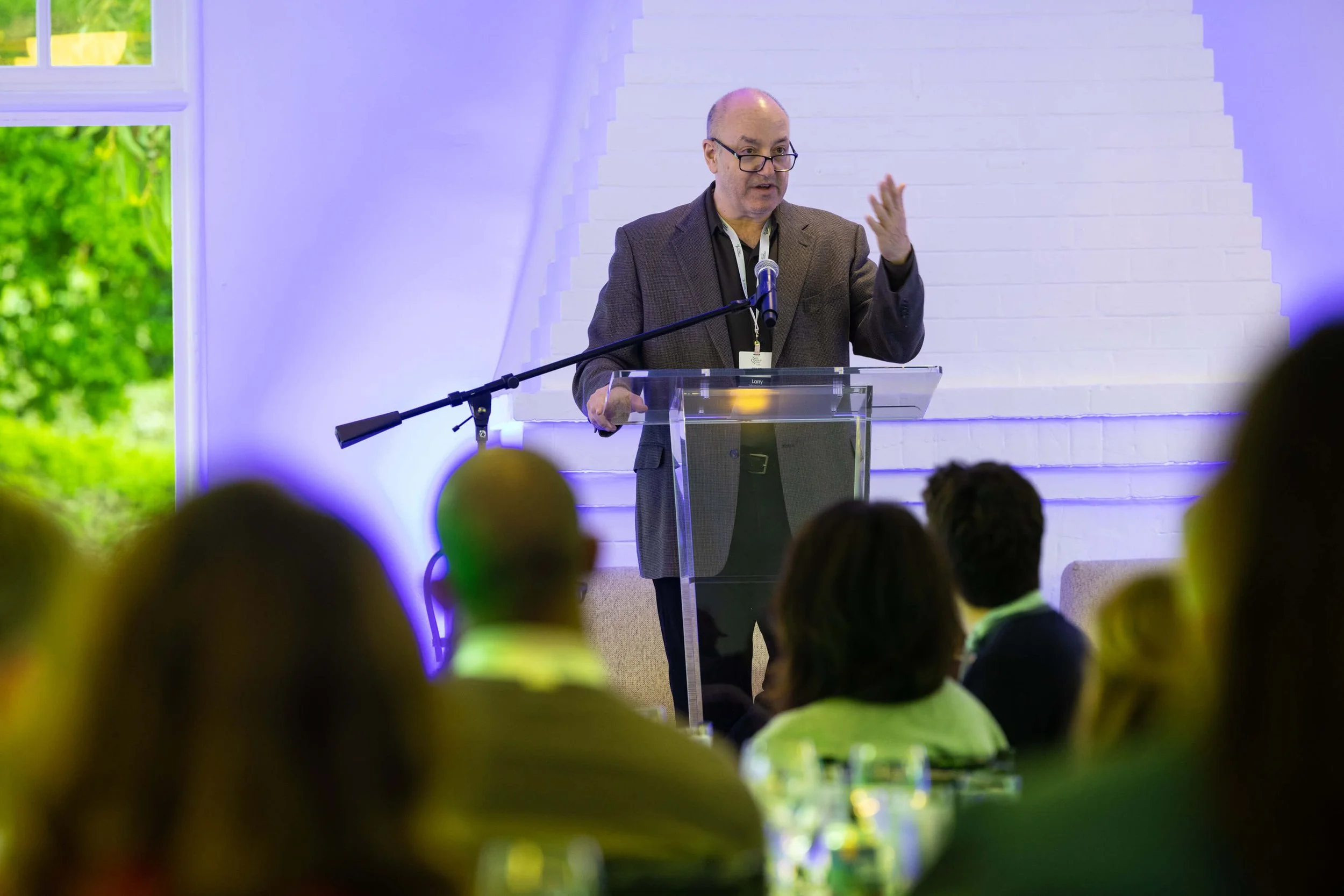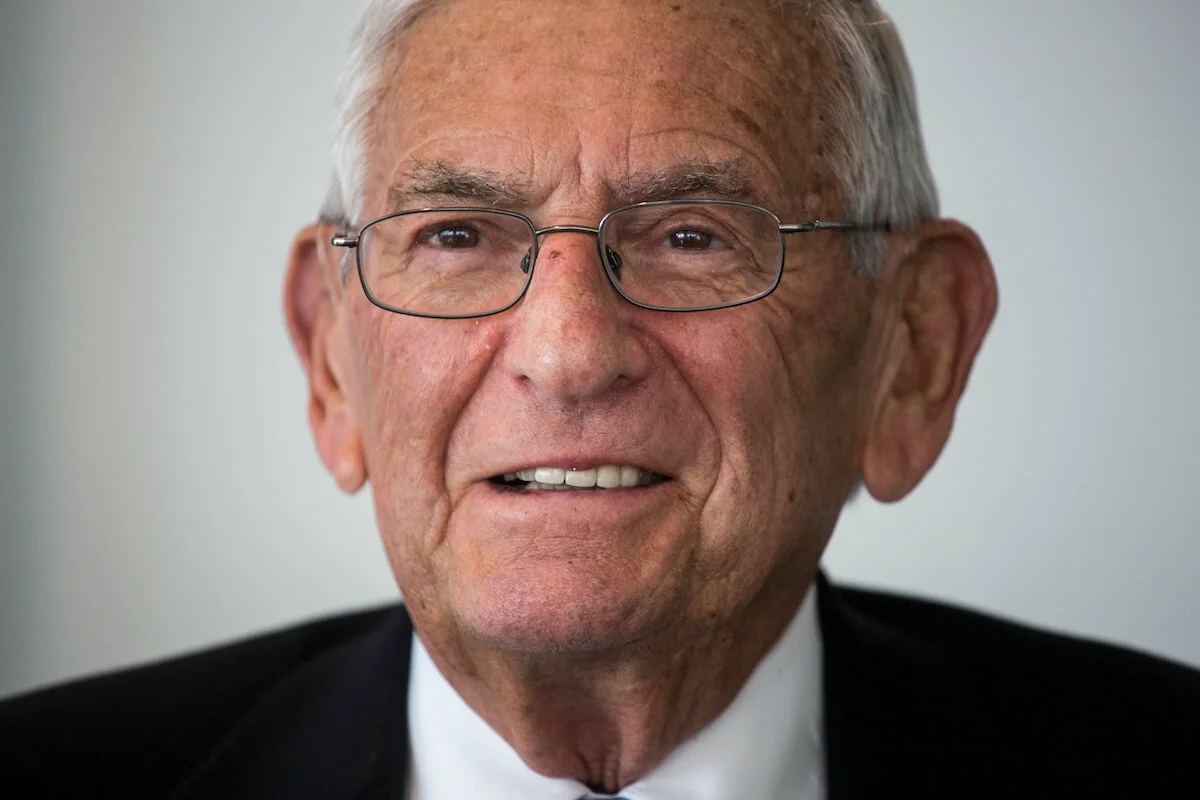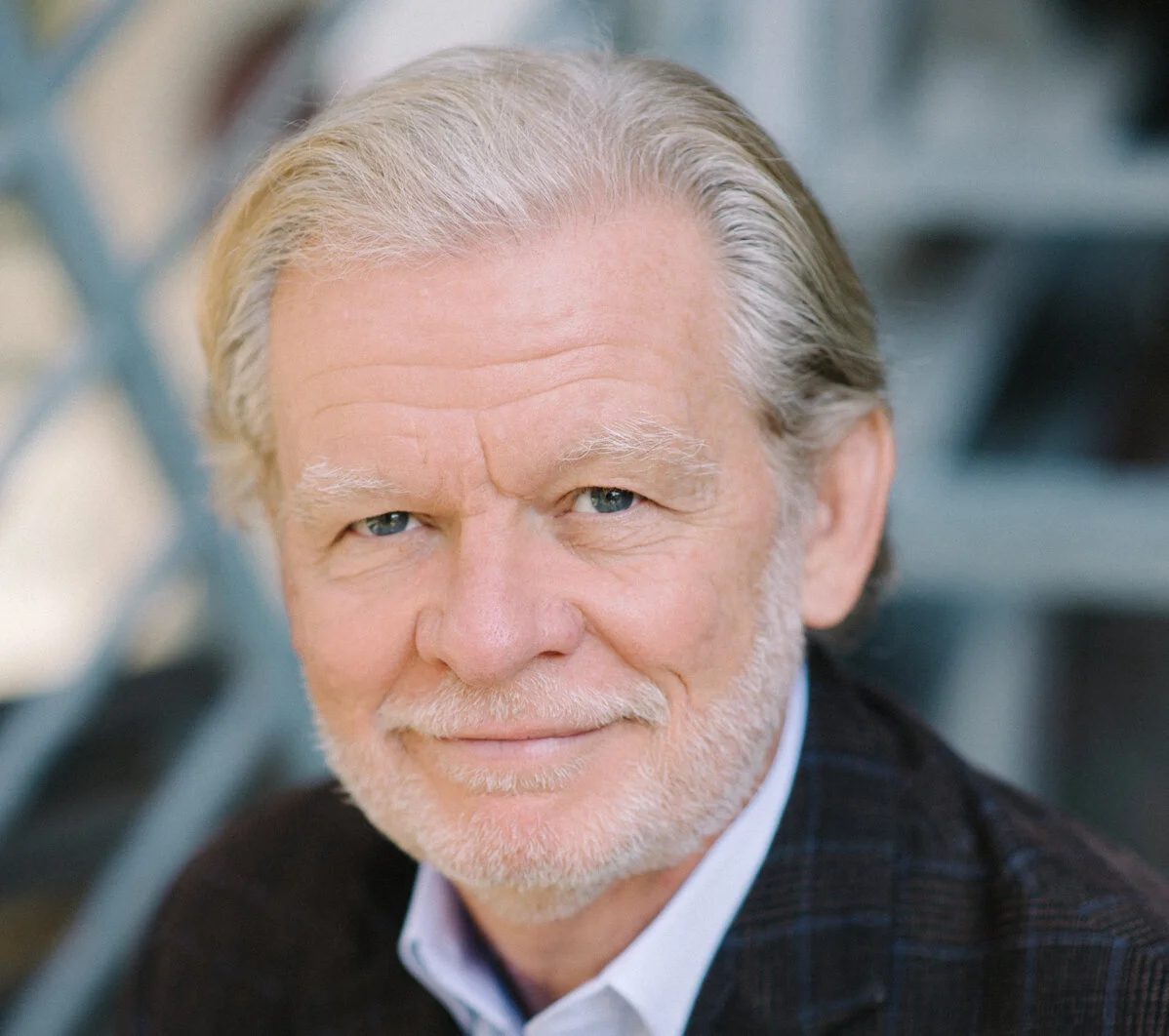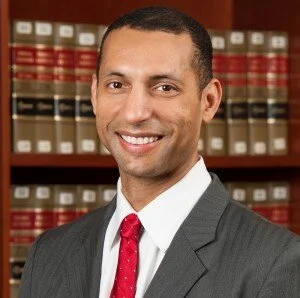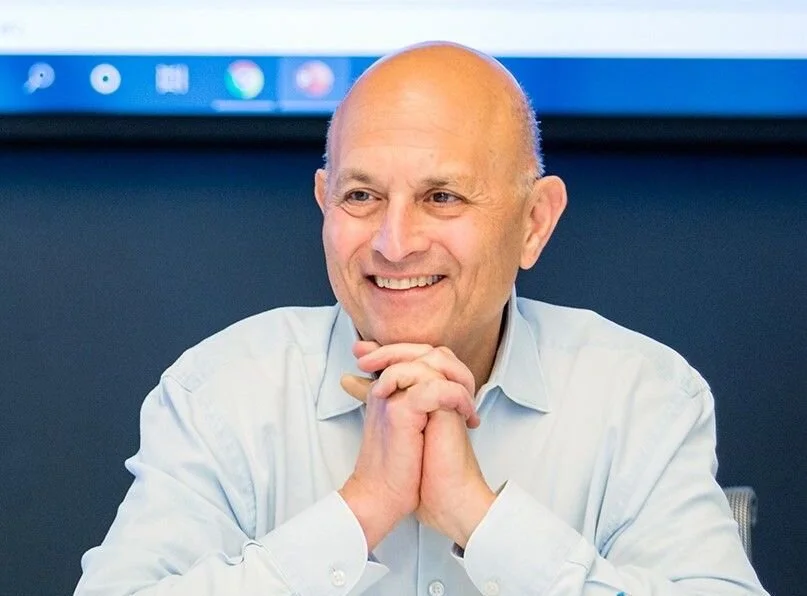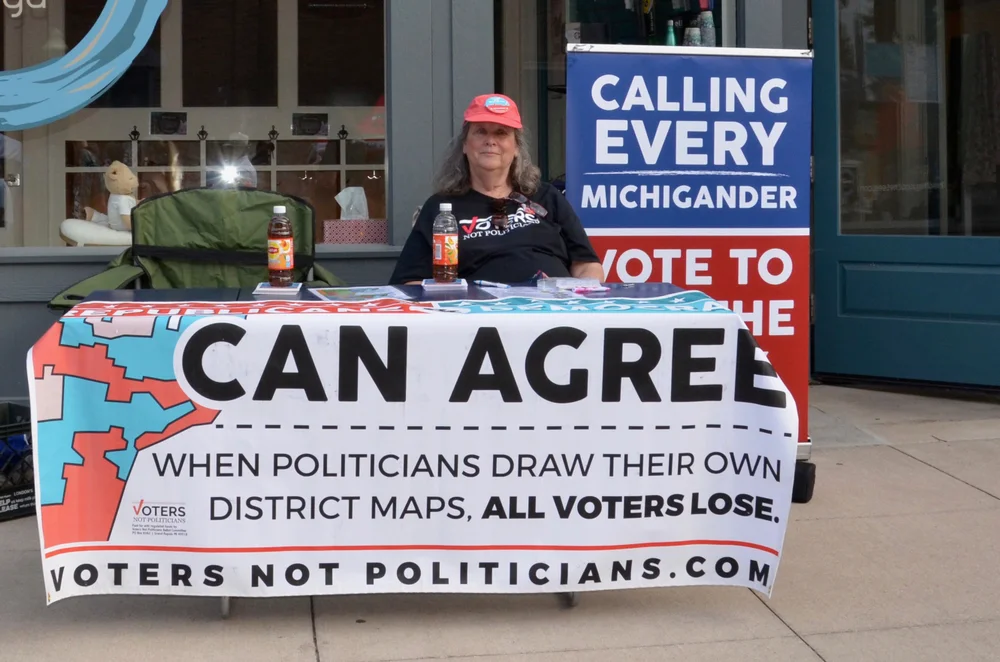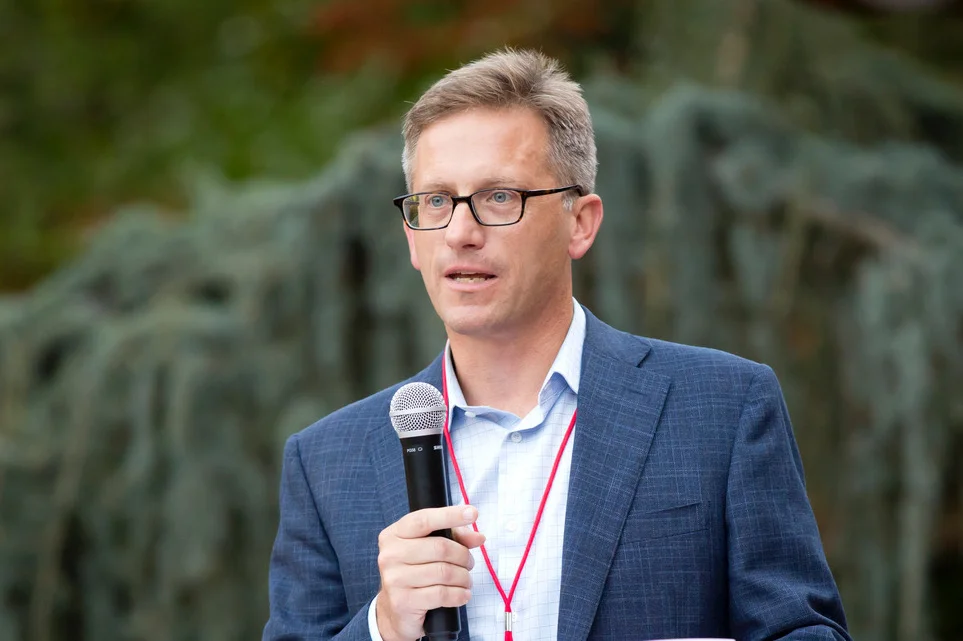Inside the Mind of Your Program Officer
/If you’re a grantee who’s been lucky enough to have program officers who feel like colleagues or even friends, you probably know a thing or two about the curious business of giving away money. Maybe you’ve heard about the internal haggling at foundations over funding priorities and how, exactly, portfolios of grant money are created and distributed. Surely, also, you’ve heard the old jokes about how new program officers suddenly discover that they’re funnier or more popular with long-lost friends once they’re wielding the checkbook.
Yet for many people hustling for grants, program officers can be hard to read, and the ways they operate can seem mysterious. In the worst cases, these empowered agents of institutional money can inspire feelings of anxiety and insecurity—or even dread and rage. Horror stories abound of program officers who’ve made grantees jump through inane hoops, wait months for meetings where nothing happens anyway, and live in suspense when it comes to renewal. But there are plenty of happy tales, too—of program officers who made critical introductions to other funders, or heroically shook the money tree inside their institutions with remarkable results.
So who, exactly, are these figures that loom so large in the lives—and even the dreams—of nonprofit executives? How do program officers think, and what do they want? And—for heaven’s sake—why won’t they dole out more multi-year general operating support?
Answers to some, but not all, of these questions can be found in a recent study by the Center for Effective Philanthropy, “Benchmarking Program Officers’ Roles and Responsibilities,” which is based on survey responses from 150 program officers at foundations that give away at least $5 million annually.
Based on the results, here are a few things things nonprofit execs will want to know about the folks who often hold in the purse strings in the social sector.
Most Program Officers Have Been on Your Side of the Fence
The majority of program officers who responded to the survey, 71 percent, previously worked at nonprofit organizations that were involved in raising foundation money. Only about a quarter previously worked at foundations. So when you think of program officers, don’t imagine they’re some alien species of career philanthropoids who’ve always lived on a green planet made of money. Once upon a time, most were in your shoes.
They’ve Got a Good Gig and They Know It
Not surprisingly, though, quite a few program officers say they wouldn’t mind sticking around that green planet. Almost half said they plan to stay in philanthropy for the rest of their careers; only 14 percent said they hoped to leave such work. That’s because because most program officers love their jobs—nearly all of them say their work was having a “positive impact,” was “meaningful,” and contributed to their “personal growth.” The majority even admire their bosses. That does sound like a nice gig, right? So next time your program officers start grousing over a free meal, tell them to cut the crap.
They Want to Get to Know You Better. Really.
Here’s one other reason program officers are into their jobs: Because they are keen to engage with people like you. Nearly all say that having strong relationships with grantees and learning from them is important. And a majority say that if they had more time to spend with you, they would use it to deepen their relationship with you—as opposed, say, to quizzing you about the line items in your proposed budget.
They Also Feel Your Pain. (Or So They Say)
It’s often said that nonprofit execs spin and self-censor like crazy when they talk to program officers because of the power imbalance. Yet 88 percent of folks in this study said they feel grantees are comfortable coming to them with their problems; 85 percent said they understand the challenges that their grantees face in achieving their goals. As for those grantee phone calls and emails that supposedly disappear into a black hole, 63 percent of program officers deny any such thing, saying they get back to grantees the same day they are contacted or the next day.
Still, They Think You Have Some Major Blind Spots
Even though program officers generally think that nonprofits put grant money to good use, only about half agreed that nonprofit organizations are well run. And even fewer, 39 percent, believe that nonprofits have the knowledge necessary to assess the results of their work. That’s pretty damning, but remember that most program officers have experience on the nonprofit side of the fence, and have seen how the sausage is made—so don’t think they’re only pointing a finger at you, here.
If They Really Want To Fund You, They Often Can
Every nonprofit exec has heard the same disappointing rap from program officers—about why they can’t make a grant because it won’t fly internally. But 90 percent of respondents to this survey said that their foundation’s leadership accepts their funding recommendations often or very often.
Or Maybe They Can’t
At the same time, just 28 percent of program officers in the study feel they can take a lot of risk in choosing grantees. So good luck if your nonprofit is a bit out there. More broadly, a strong majority said they faced internal challenges at their foundations, such as limited resources and a disconnect between their priorities and that of the leadership of the foundation. The disconnect with board members seems to loom especially large, with only about half of respondents feeling like they were working toward the same goals as their boards.
***
And what about that perennial complaint from nonprofits that foundations don’t provide enough multi-year general support? This study doesn’t shine as much light on this issue as it might have—by probing how much program officers favor expanding such unrestricted grantmaking. As nonprofit veterans themselves, you’d think most program officers would push internally for changes in how grants are made. This study doesn’t explore whether that’s the case.
What it does reveal, though, is that a majority of program officers—63 percent—are very involved in deciding what type of grant support is given to nonprofits. And a majority are also very involved in determining the length of grants. In other words, these findings suggest that program officers do have the juice to battle for the kinds of support that nonprofits consistently say they need. It would have been nice if the survey had explored how inclined they are to take up that cause.
I’ve suggested in the past that once nonprofit executives get on the foundation side of the fence, becoming program officers, they’re apt to change their thinking about types of grant support—coming to favor restricted funding because it tilts control toward themselves and away from grantees. Is that really the case? Hopefully, future CEP surveys will probe more deeply into the issues of power and control that preoccupy so many people in this sector, but rarely get dissected in an empirical way.
Related: Control: Why So Many Funders Fear General Support and Can't Stop Micromanaging


